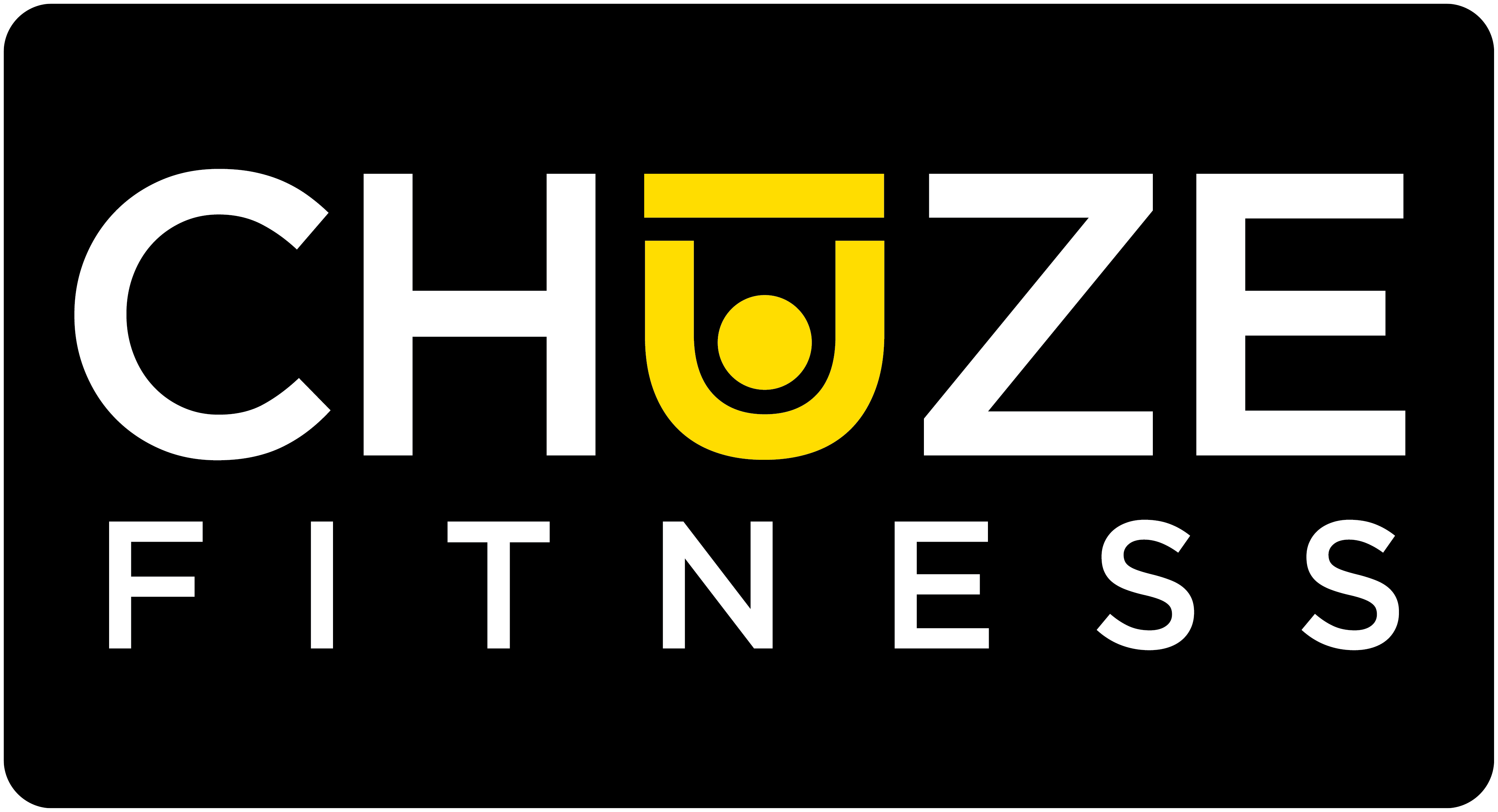PURPOSE: To provide employees with an understanding of blood-borne pathogens (BBP), how they are transmitted, and Universal Precautions. Chuze employees are not frequently exposed to blood on the job, however it is important that all employees understand the danger of exposure to BBP and ways to minimize their risk. The full BBP Exposure Control Plan can be found in your Safety Procedures binder.
HIV, Hepatitis B, and Hepatitis C are the most commonly known BBP that are transmitted through exchange of body fluids. AIDS, caused by the human immunodeficiency virus (HIV), remains the most feared, although Hepatitis-B is more easily transmitted.
There must be blood-to-blood contact for transmission to occur.
✓ Always use universal precautions: treat all blood and body fluids that may contain blood, such as vomit or saliva, as potentially infected. Transmission occurs if skin is punctured by a contaminated sharp (needle, broken glass, etc) or broken skin or mucous membrane (eyes, nose, mouth) is splashed with blood or body fluid. Always use prop personal protective equipment such as gloves and face masks when dealing with blood and body fluids.
✓ Respect sharps: Needle stick injury is the most common cause for work-related HIV infection among American workers. You should not pick up sharp objects directly with the hands that may be found in or around the club. Use mechanical means, such as a brush or broom and dustpan and place the sharp object in a puncture resistant container. Do not use a vacuum to clean up potentially contaminated glass, needles or other sharps.
✓ Immediately report all exposures: Don’t wait! If you are stuck by a needle or other sharp or get blood or other potentially infectious materials in your eyes, nose, mouth, or on broken skin:
o Immediately flush the exposed area with water and clean any wound with soap and water or a skin disinfectant if available.
o Report the exposure immediately to your supervisor o Go to the nearest Concentra or U.S. Healthworks clinic for post-exposure follow-up.
o If possible, take the sharp object with you to the clinic in a puncture resistant, closable container.
o If you are aware of who the blood or body fluid came from, gather their contact information.
o Complete and incident report and contact Cindy Reyes, Safety & Risk Manager 760-694-4269.
✓ Cleaning: Cleanliness is critical to preventing BBP infections.
o Remember to use Universal Precautions
o The Spray‐Wipe‐Spray technique is to be used on surfaces. Spray disinfectant to the surface, then wipe it up to prevent splashing. A second coat must be applied to the same surface and allowed to remain in a moist state for the recommended time as per product instructions. Although the area(s) should remain moist with disinfectant, they should not be dripping wet.
o If cleaning materials are not soaked with blood they can be disposed of in the regular trash. If clothing or cleaning material is saturated with blood or body fluids: bag it, label it and contact your local Concentra/US Health Works or compliance@chuzefitness.com. Sometimes the ambulance service will take it with them too.
